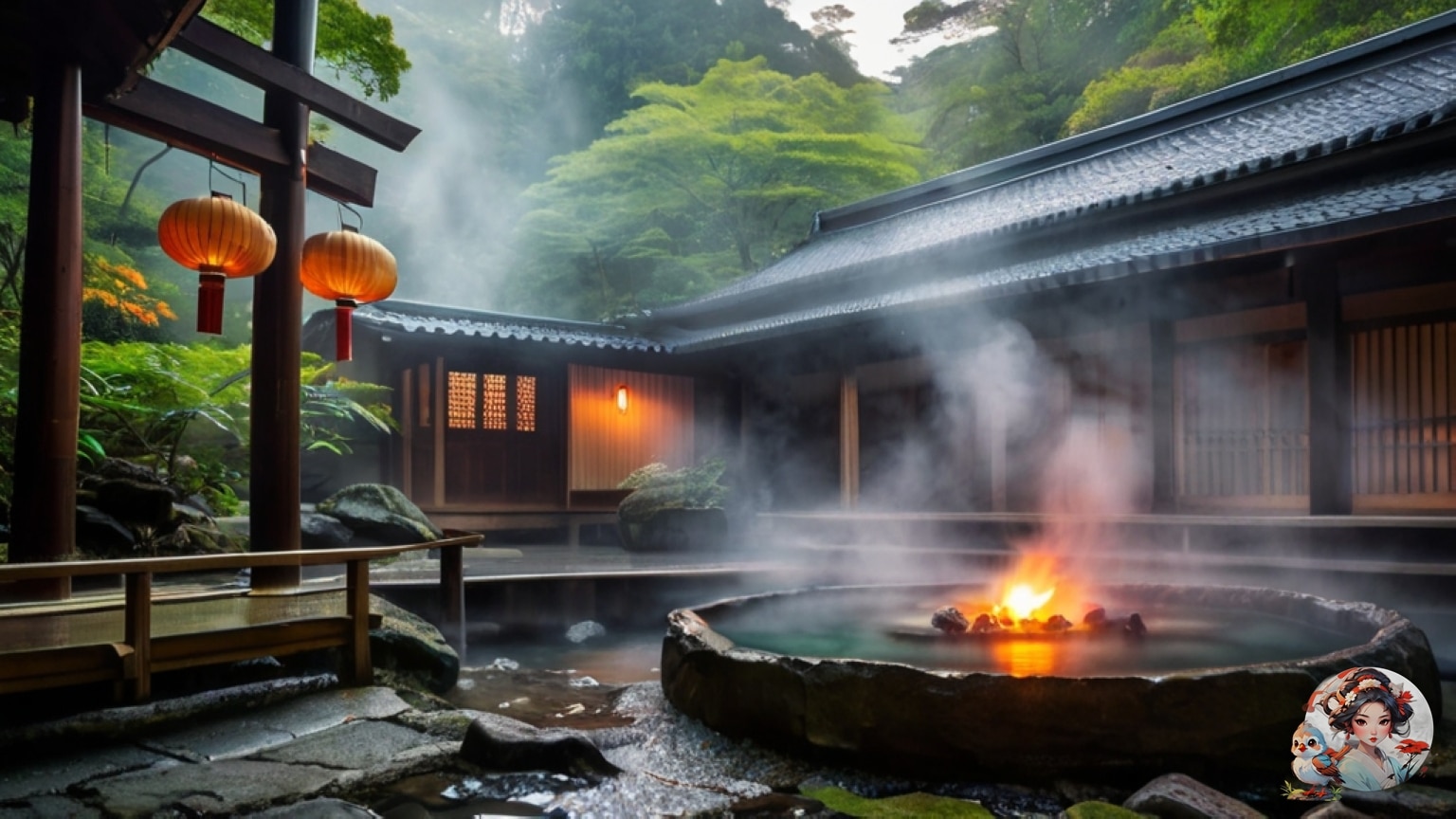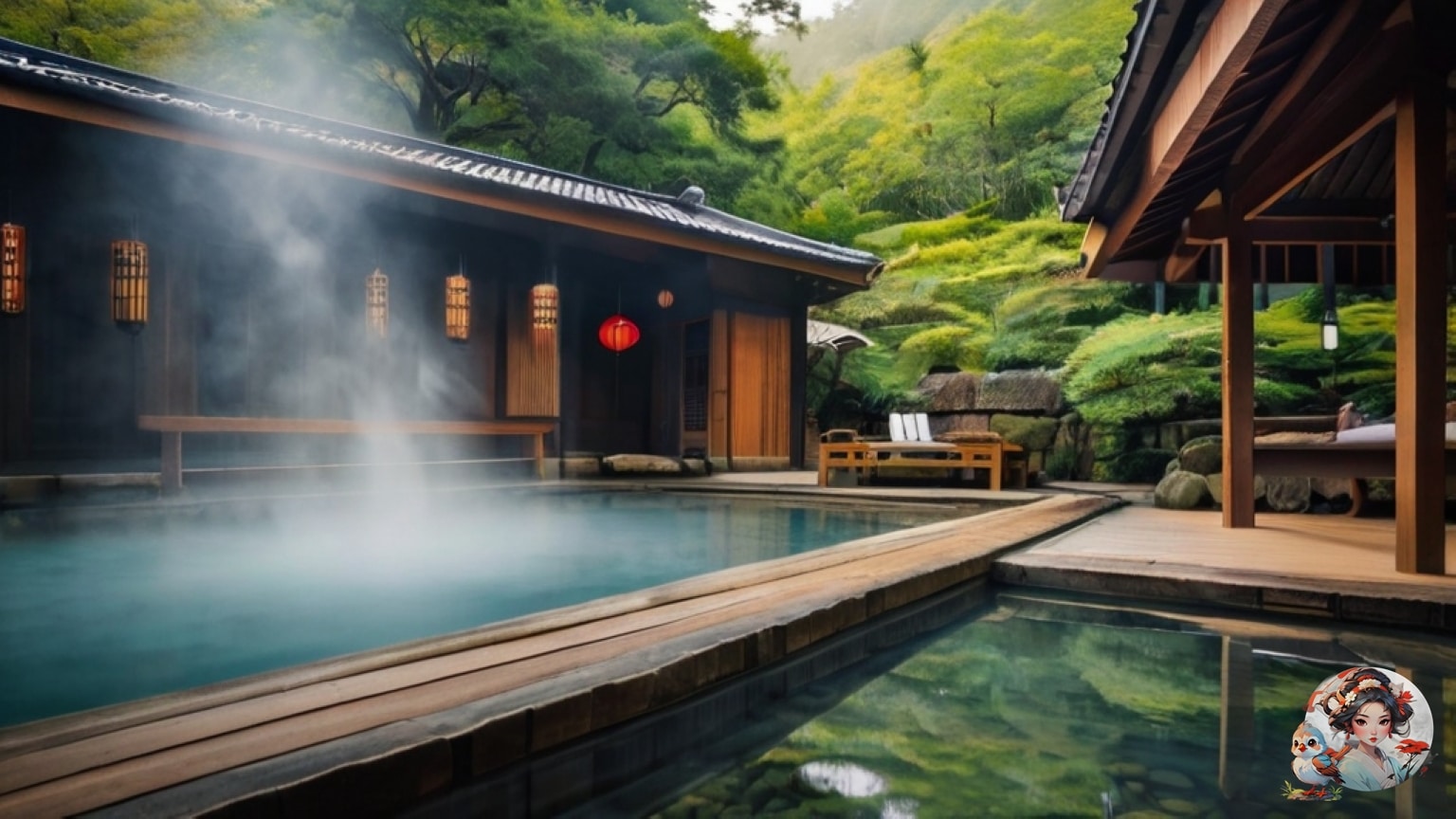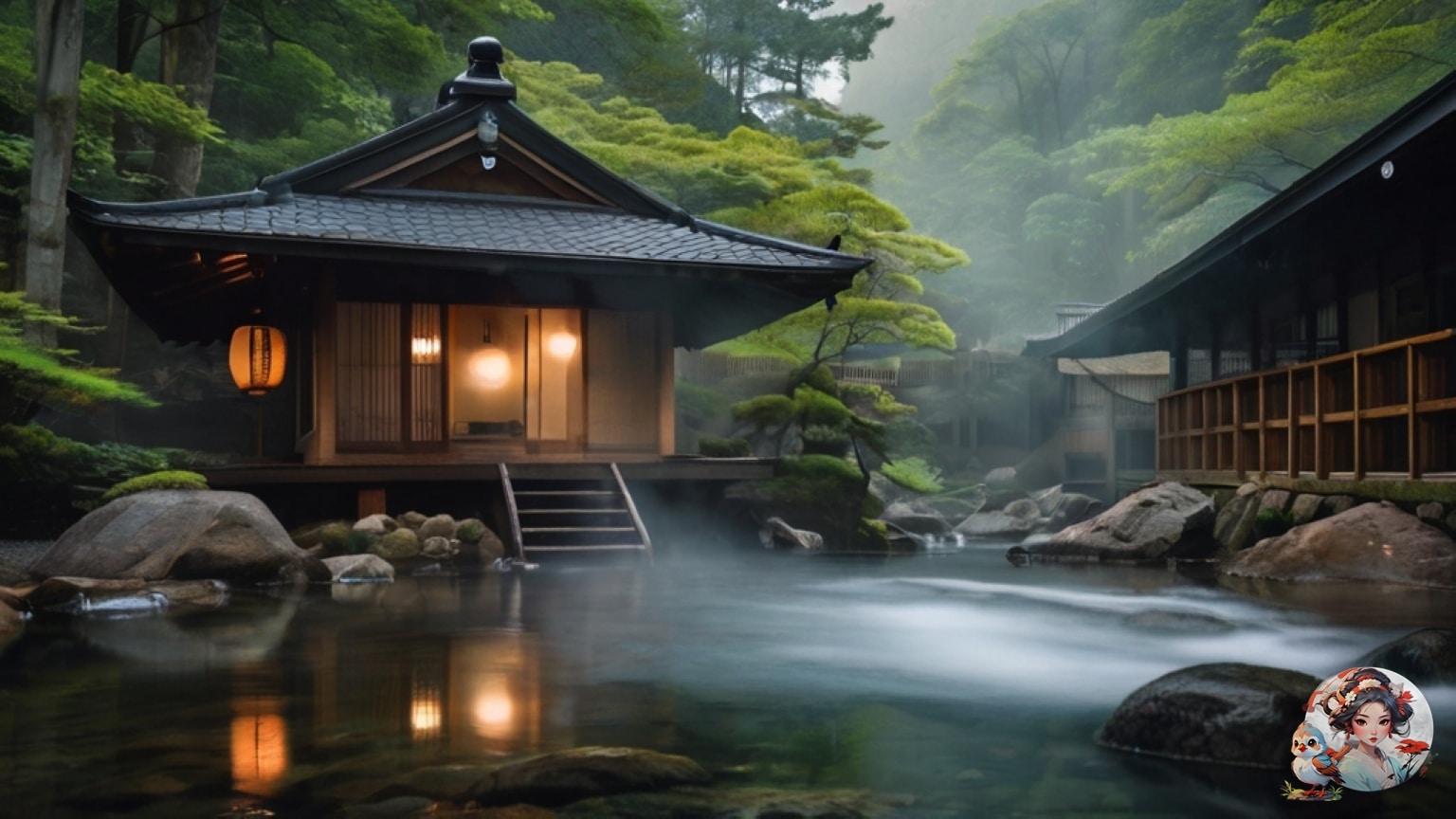Exploring the ancient traditions and healing waters of Japanese onsen is like discovering a cultural treasure trove that deeply impacts both the mind and body. With roots in centuries of tradition and revered for their therapeutic properties, onsen offer a glimpse into the essence of Japanese culture. The bathing rituals and communal camaraderie found in onsen create a harmonious blend of tradition, spirituality, and wellness.
Understanding the historical significance and contemporary relevance of onsen provides a rare opportunity to engage in a practice that transcends time, offering insights into the art of purification and the pursuit of holistic well-being.
Table of Contents
ToggleOnsen, or hot springs, hold deep cultural significance in Japan, with roots dating back centuries. These natural waters have been an integral part of Japanese traditions and beliefs, often associated with religious rituals. In ancient times, onsen were used for purification rituals in the native Shinto religion, emphasizing their spiritual and physical cleansing properties. Over time, onsen have become a regular ritual for many Japanese, playing a crucial role in fostering a deep connection with nature and traditional practices. The cultural importance of onsen not only reflects Japan’s rich heritage but also underscores the enduring significance of these healing waters in the country’s social and spiritual fabric.
In Japanese onsen culture, following bathing etiquette and rules is crucial for a respectful and traditional communal bathing experience. Some onsen may have tattoo restrictions due to the historical association of tattoos with organized crime in Japan. Visitors are typically required to remove their shoes and wear slippers provided by attendants. While men and women usually have separate bathing areas, traditional mixed-gender baths can still be found in rural areas.

It is important to cover visible tattoos with an adhesive bandage and store belongings in lockers or baskets provided in the changing room. Swimsuits are not allowed in the onsen, and everyone bathes naked, maintaining the cultural respect for communal nudity. These rules ensure that all visitors can experience the healing and relaxing benefits of the onsen in a respectful and traditional manner.
When preparing to enter the onsen, it’s essential to wash your body thoroughly outside the bathing pool. Traditional bathing rituals provide soap and shampoo for washing, and it’s important to make sure no soap suds are brought into the pool. Different pools with varying temperatures are available for relaxation, and the goal is to completely unwind in the healing waters.
You can choose the pool with a temperature that suits you best. The typical immersion duration is 10 to 15 minutes, but some people enjoy staying longer to fully embrace the warm, steaming waters. This careful preparation and adherence to traditional bathing customs ensure a peaceful and rejuvenating experience in the onsen.
After enjoying the relaxing mineral waters of the onsen, it’s time to transition to the post-soak rituals for further rejuvenation. Soaking in the onsen is considered an art, with visitors encouraged to fully immerse themselves and let the mineral-rich waters work their magic on the body and mind. While soaking, it’s common to use a modesty towel on the head or to cover oneself when moving between the pools.

After soaking, take a moment to reflect and allow your body to adjust to the changes in temperature, promoting a sense of calm. You can then rinse off in the shower/tap area before drying yourself with a large bath towel and changing back into your traditional attire.
Soaking in onsen waters has been cherished for its potential health benefits, drawing visitors in search of relaxation and rejuvenation. Some of the health benefits linked to soaking in onsen waters include:
Soaking in onsen waters is not just about the therapeutic benefits; it also offers a unique insight into the communal traditions and interactions deeply rooted in Japanese society. The acceptance of nudity in onsen spaces creates a sense of equality and unity among bathers, transcending societal barriers. This communal bonding experience fosters open conversations and shared relaxation, providing a platform for building relationships and mutual understanding.
The onsen environment promotes a non-judgmental atmosphere where individuals can connect on a fundamental level, encouraging comfort and acceptance. This social aspect of onsen culture reflects the profound Japanese value of communal harmony and shared experiences, offering a deeper perspective on the cultural significance of onsen.
Japan’s diverse landscape offers a wide array of onsen experiences, each with its own unique appeal. From open-air rotenburo baths set in picturesque mountain valleys to urban high-rise onsen with stunning city views, the design of onsen varies widely, providing visitors with an array of atmospheres and settings to enjoy.
Some onsen are situated near spiritual sites such as temples or shrines, allowing visitors to combine their onsen experience with spiritual and meditative practices. This creates a holistic and deeply enriching experience that goes beyond just relaxation.

Themed onsen are also popular in Japan, offering tailored experiences such as traditional Edo-period onsen, grotto-style caves, or onsen featuring unique natural elements like sand or wine. These themed onsen provide a distinctive and immersive bathing experience.
For those interested in history, there are onsen with centuries-old roots that offer a glimpse into the rich cultural and traditional significance of these timeless bathing rituals. This allows visitors to delve into the historical and cultural aspects of onsen bathing.
Each onsen experience is unique and offers its own blend of relaxation, cultural immersion, and natural beauty, making Japan a haven for onsen enthusiasts.